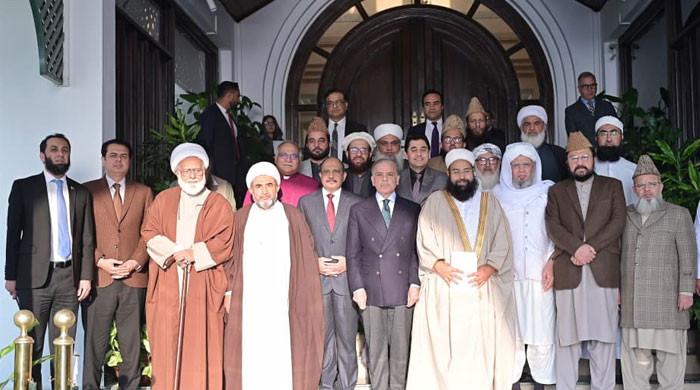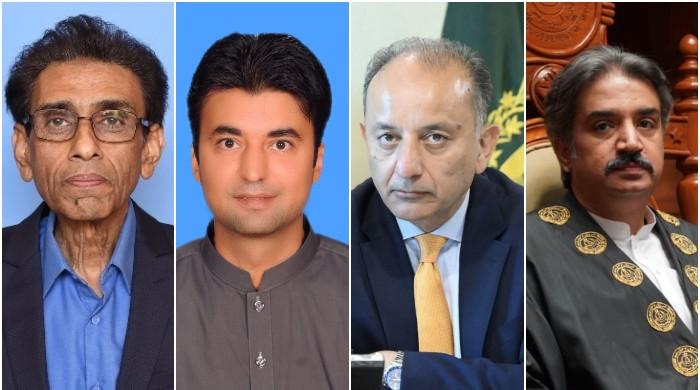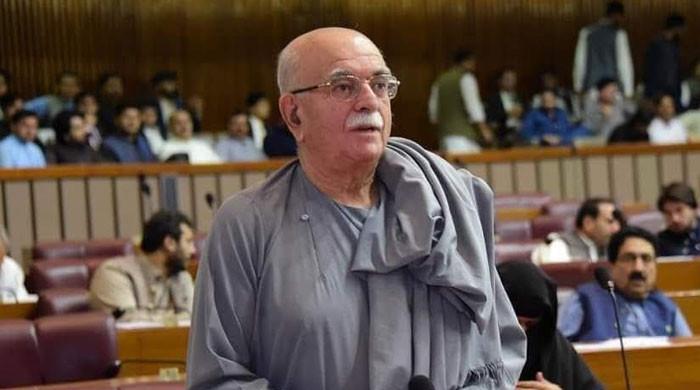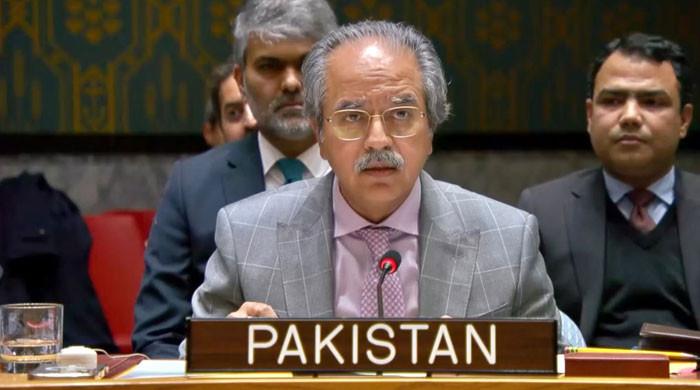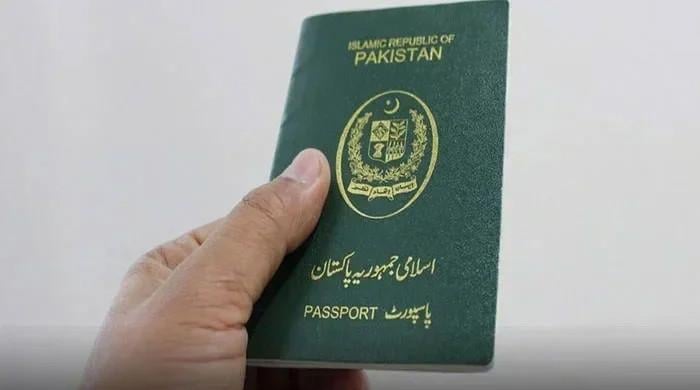SC hears identical petitions against contempt law
ISLAMABAD: A five-member bench of the Supreme Court headed by Chief Justice of Pakistan Iftikhar Muhammad Chaudhry is hearing a number of identical petitions challenging the Contempt of Court Act...
July 23, 2012
The Federation of Pakistan has been made party in the constitutional petitions through the Ministry of Law, Justice and Parliamentary Affairs.
A five-judge bench of the apex court comprising Justice Iftikhar Muhammad Chaudhry, Justice Shakirullah Jan, Justice Tassadduq Hussain Jilani, Justice Jawad S Khawaja and Justice Khilji Arif Hussain is hearing the identical petitions against the new law.
In this regard, the SC had issued notices to the federation, prime minister, speaker National Assembly, chairman Senate, law minister, Cabinet division and attorney general in the last hearing.
During today’s proceedings, federation’s lawyer Abdul Shakoor Paracha pleaded that the court form a full bench to hear the petitions as it is an important case. He also requested the bench to grant the federation some more time as he had been appointed on Sunday.
Responding to Paracha’s request, Chief Justice Iftikhar Chaudhry said only the court has the right to form a bench, and that the court had already given ample time to the federation. He further said that the issue was significant and a decision over it was important.
Moreover, Attorney General Irfan Qadir requested the court for a period of two weeks to prepare for the case. He said that a case such as the one against the contempt of court law had not been heard in the country’s history.
During proceedings Chief Justice remarked that the contempt of court law could only be changed within the limits of article 204 of the constitution.
President Asif Ali Zardari signed the Contempt of Court Bill, 2012, into law after it was passed by the National Assembly and Senate under Section 248(1) of the Constitution exempting all government office holders, including the prime minister and other ministers, from court proceedings under contempt charges.




